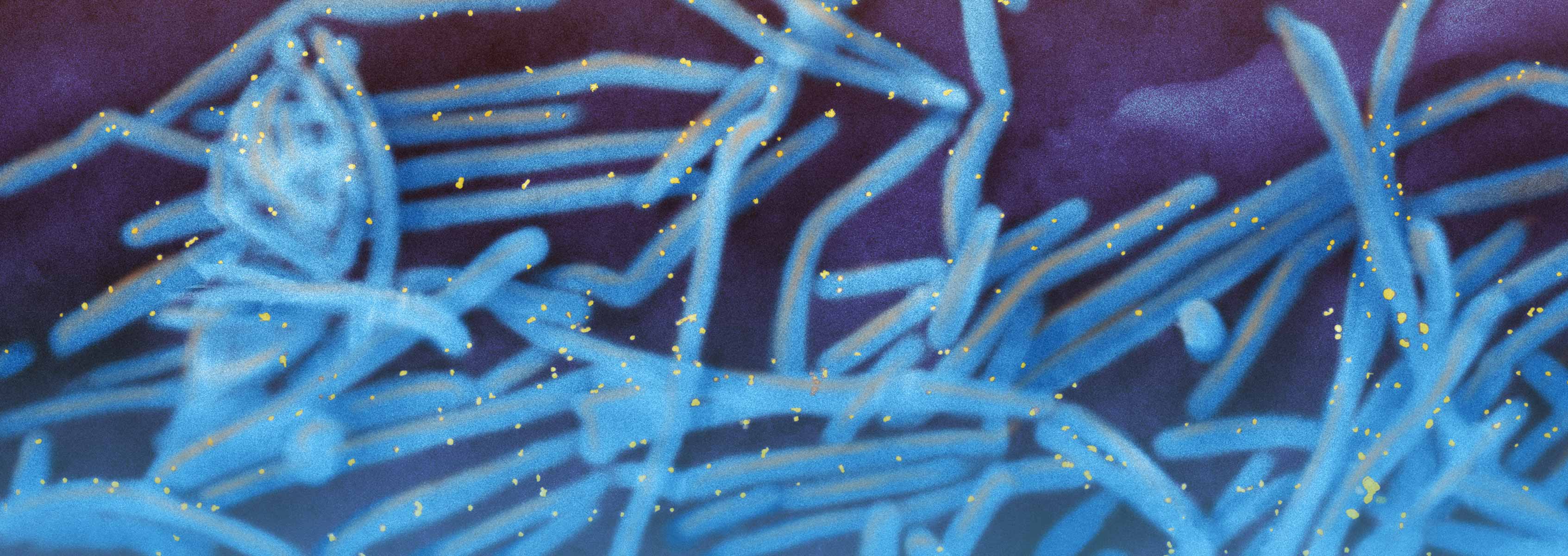Genomics of Respiratory Syncytial Virus

As the single most important cause of serious lower respiratory tract disease in infants and young children in the United States and globally, RSV is of considerable public health importance and a high priority for vaccine development. There are two major antigenic groups of RSV, A and B, and multiple genotypes within the two groups. RSV causes lower respiratory tract illness and potentiates childhood wheezing and asthma. Our goal is to establish the association of virulent RSV strains between early childhood wheezing, severe acute bronchiolitis and subsequent asthma development and asthma pathogenesis. To do so, we are sequencing RSV isolates from a retrospective bronchiolitis-to-asthma infant cohort (INSPIRE) and a separate pediatric cohort with defined parameters of illness such as bronchiolitis severity score (BSS) and prolonged wheezing. We are also measuring transcript levels of various cytokines/chemokines in nasal washes to define how RSV strains impact bronchiolitis, inflammation, and wheezing. We will use these data to determine whether any mutation(s) in the virus genome affect disease severity. This “bedside to bench” approach combines epidemiological and clinical data to better inform downstream experiments using mechanistic viral genetics and mouse models.
The complete genome sequence data from the collected viruses will not only expand our knowledge of the virulence factors, but provide detailed information on evolution and transmission of RSV strains, host-pathogen interactions, and pathogen-microbiome relationships that occur during viral infection.
Publications
The Journal of infectious diseases. 2016-12-15; 214.12: 1924-1928.
Differences in the Nasopharyngeal Microbiome During Acute Respiratory Tract Infection With Human Rhinovirus and Respiratory Syncytial Virus in Infancy
Scientific reports. 2016-05-23; 6.26311.
Respiratory Syncytial Virus whole-genome sequencing identifies convergent evolution of sequence duplication in the C-terminus of the G gene
American journal of respiratory and critical care medicine. 2016-05-15; 193.10: 1180-3.
Nasopharyngeal Microbiome in Respiratory Syncytial Virus Resembles Profile Associated with Increased Childhood Asthma Risk
BMC pulmonary medicine. 2015-04-30; 15.45.
Objectives, design and enrollment results from the Infant Susceptibility to Pulmonary Infections and Asthma Following RSV Exposure Study (INSPIRE)
PloS one. 2015-03-20; 10.3: e0120098.
Sequencing and analysis of globally obtained human respiratory syncytial virus A and B genomes
Funding
This project has been funded in whole or part with federal funds from the National Institute of Allergy and Infectious Diseases, National Institutes of Health, Department of Health and Human Services under Award Number U19AI110819.